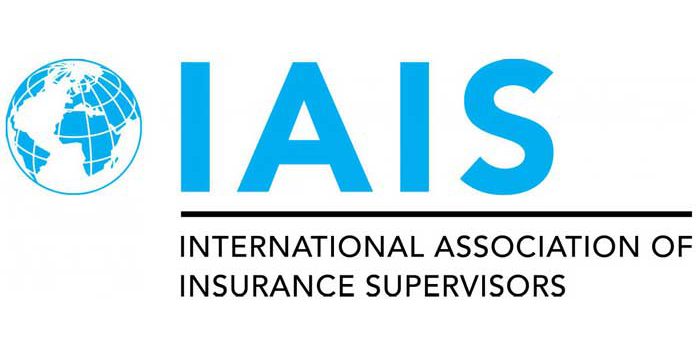The European Commission last Friday referred Austria, Belgium and the Netherlands to the Court of Justice of the European Union, with a request for financial sanctions, for failing to fully implement the 4th Anti-Money Laundering Directive (AMLD4) into their national law. Executive Vice-President Valdis Dombrovskis said: “We have robust EU rules in place but they must be applied consistently and efficiently. We will make sure that everyone in both private and public sectors applies the rules rigorously. We have launched many infringement procedures to ensure the full transposition and application of our rules.” Continue reading…
The message is clear: organisations must be held accountable for their social and environmental footprint. Therefore, it’s inevitable that speaking up becomes the next social…
Download whitepaper









